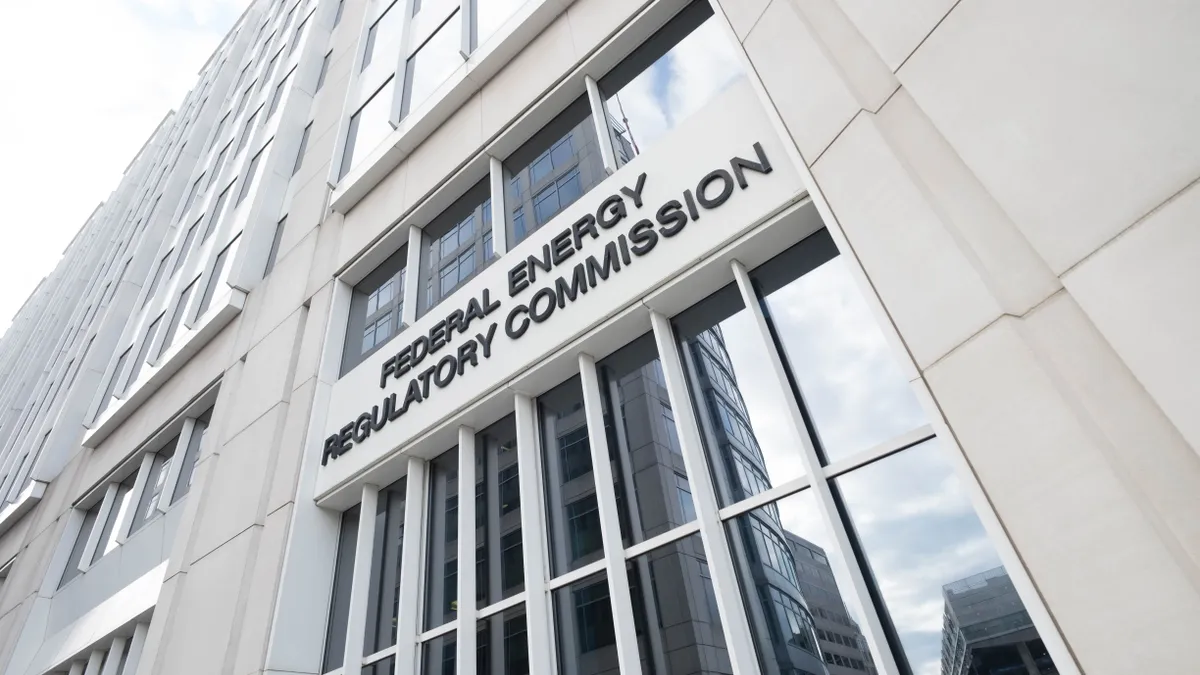Dive Brief:
- The results of ISO New England's 13th Forward Capacity Auction, held earlier this year, have taken effect by default because the Federal Energy Regulatory Commission lacked a quorum necessary to issue a decision.
- However, FERC leadership indicated in a joint statement that the commission would have upheld the results anyway, despite objections from offshore project Vineyard Wind that its participation in the auction was improperly restricted and resulted in higher prices.
- FERC has five seats but two are currently unfilled and Commissioner Richard Glick recused himself from cases involving his former employer Iberdrola USA (now Avangrid). Vineyard Wind is a joint venture of Copenhagen Infrastructure Partners and Avangrid Renewables.
Dive Insight:
FERC has been caught short-handed again, though the commission says the end result would have been the same.
"We would have voted to accept the proposed FCA 13 Results Filing to become effective June 28, 2019, and we would have voted to grant ISO-NE’s requested waiver," Chairman Neil Chatterjee and Commissioner Bernard McNamee wrote in a joint statement last week.
This is not the first time FERC has failed to raise a quorum in 2019. Earlier this year, the commission was unable to act on New England's proposed short term reforms, due to recusals by McNamee and former Commissioner Cheryl LaFleur.
LaFleur left the commission this summer and now sits on the ISO New England Board of Directors. President Donald Trump, on Monday, announced he has nominated FERC general counsel James Danly to fill one of the commission's open seats.
In their joint statement, the commissioners also said they "would have rejected the arguments by Vineyard Wind," Massachusetts Attorney General Maura Healey and others, that not exempting the offshore wind project from Minimum Offer Price Rules resulted in higher rates.
The auction cleared almost 35 GW at a price of $3.80/kWh month, despite the planned 800 MW Vineyard Wind facility being denied a special renewable energy status that would have allowed it to bid at lower prices.
According to the commissioners, Vineyard did not qualify by a 2018 deadline for tariff revisions that enabled offshore wind resources to qualify as a Renewable Technology Resource. While the project did request a waiver, that request was not acted on and remains pending.
Vineyard Wind announced Monday that it had submitted a proposal to deliver up to 1,200 MW to Connecticut, in response to the state's Department of Energy and Environmental Protection solicitation for offshore wind power.














